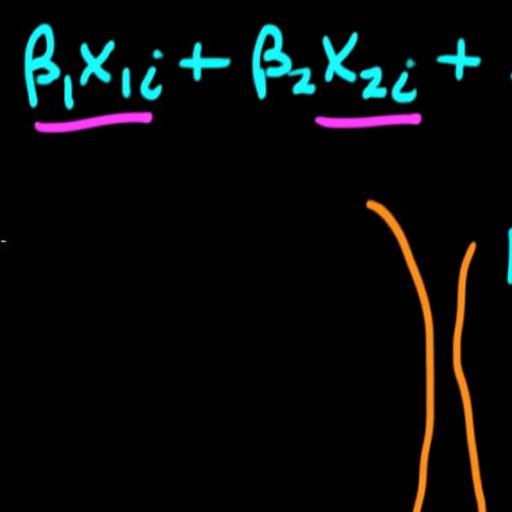Greece is a low-productivity economy with an ineffective welfare state, relying almost exclusively on low wages and social transfers. Failure to come to terms with this reality hampers both the appropriateness of EU recommendations and the Greek government's capacity to deal with unemployment. Rather than finding a job in a family business or through relationship contacts, young people stay unemployed. Nor can people move back to their village of origin so easily. The underground economy, and the mass of small companies which characterize the Greek economy are booming, on paper. One in three members of the workforce are "self-employed", compared to one in seven in the EU as a whole. (International Viewpoint)
An unemployed person in Greece is 2,15 times more likely to suffer poverty than a person in employment. Yet in Greece there are perhaps even more influential factors in determining increased risk of poverty. Thus while unemployment is a crucial factor in the risk of poverty, it is neither the only nor the most significant factor. The paper presents a new technique in the field of unemployment modeling in order to forecast unemployment index. Techniques from the Artificial Neural Networks and from fuzzy logic have been combined to generate a neuro-fuzzy model. The input is a time series. Classical statistics measures are calculated in order to asses the model performance. Further the results are compared with an ARMA and an AR model







